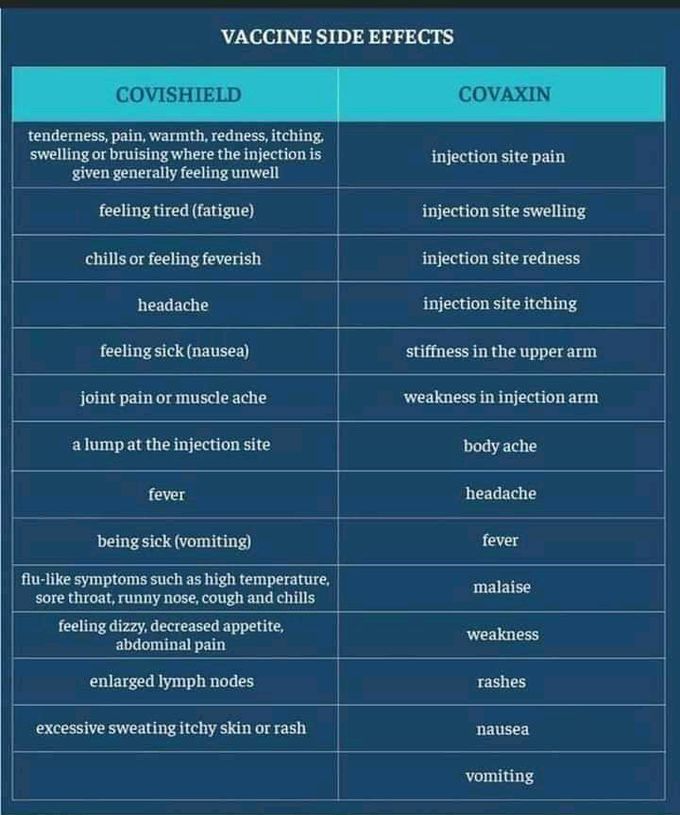
Other commentsSign in to post comments. You don't have an account? Sign up now!
Related posts
Treatment for Genital herpesWhat is the diagnosis?Types of vaccinesPanic attacks typically begin suddenly, without warning. They can strike at any time — when you're driving a car, at the mall, sound asleep or in the middle of a business meeting. You may have occasional panic attacks, or they may occur frequently.
Panic attacks have many variations, but symptoms usually peak within minutes. You may feel fatigued and worn out after a panic attack subsides.
Panic attacks typically include some of these signs or symptoms:
Sense of impending doom or danger
Fear of loss of control or death
Rapid, pounding heart rate
Sweating
Trembling or shaking
Shortness of breath or tightness in your throat
Chills
Hot flashes
Nausea
Abdominal cramping
Chest pain
Headache
Dizziness, lightheadedness or faintness
Numbness or tingling sensation
Feeling of unreality or detachmentA panic attack is a sudden episode of intense fear that triggers severe physical reactions when there is no real danger or apparent cause. Panic attacks can be very frightening. When panic attacks occur, you might think you're losing control, having a heart attack or even dying.
Many people have just one or two panic attacks in their lifetimes, and the problem goes away, perhaps when a stressful situation ends. But if you've had recurrent, unexpected panic attacks and spent long periods in constant fear of another attack, you may have a condition called panic disorder.
Although panic attacks themselves aren't life-threatening, they can be frightening and significantly affect your quality of life. But treatment can be very effective.Complications of Covid-19Covid-19Symptoms of Covid-19Covid-19 Risk factorsThe core symptom of panic disorder is recurrent panic attacks, an overwhelming combination of physical and psychological distress. During an attack, several of these symptoms occur in combination:
Panic Disorder Symptoms
During an attack, several of these symptoms occur in combination
Palpitations, pounding heart or rapid heart rateNumbness or tinglingSweatingChills or hot flashesTrembling or shakingNausea or abdominal painsFeeling of shortness of breath or smothering sensationsFeeling detachedChest painFear of losing controlFeeling dizzy, light-headed or faintFear of dyingFeeling of choking
Because the symptoms can be quite severe, some people who experience a panic attack may believe they are having a heart attack or some other life-threatening illness. They may go to a hospital emergency department. Panic attacks may be expected, such as a response to a feared object, or unexpected, apparently occurring for no reason. The mean age for onset of panic disorder is 20-24. Panic attacks may occur with other mental disorders such as depression or PTSD.



